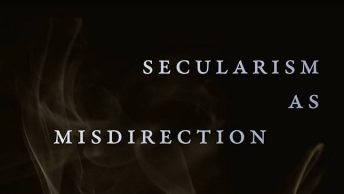Women as Respondents under the Domestic Violence Act: Critiquing Harsora v. Harsora
Last week, in Hiralal Harsora v. Kusum Harsora, the Supreme Court held that Section 2(q) of the Protection of Women from Domestic Violence Act, 2005 is unconstitutional to the extent that it defines “respondents” under the Act to only include “adult males” and the relatives of an aggrieved woman’s husband/domestic partner. In effect, the judgment included women and minors within the definition of respondents, such that cases can now be filed against them under the Act. In this post, I argue that women should be exempt from the definition, at least as against their marital relatives. This exemption is based on power differentials within the family – power differentials that structure the occurrence, the subjective experience, as well as the adjudicatory evaluation of domestic violence.
Subscribe
Login
0 Comments





